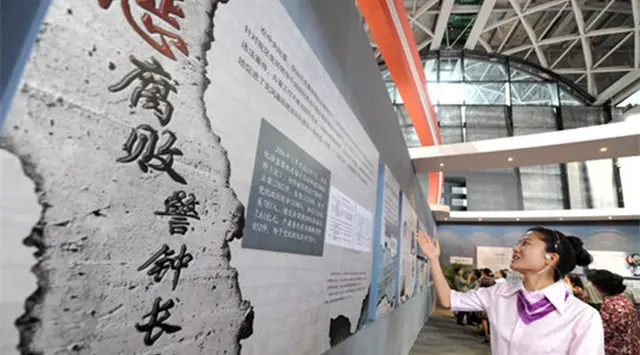India and Sri Lanka Monday agreed to strengthen traditional ties while seeking a new horizon for bilateral relations on the first day of the visit by Sri Lankan President Maithripala Sirisena to India.
After talking with Indian Prime Minister Narendra Modi, the Sri Lankan president signed four agreements, including one on civil nuclear cooperation. The other three are on cultural and educational cooperation and a memorandum of understanding on agricultural cooperation.
Addressing the media after the delegation-level talks held at Hyderabad House, Modi said the agreement on civil nuclear cooperation was "yet another demonstration of our mutual trust."
He said it is the first such agreement that Sri Lanka has signed and it "opens new venues for cooperation, including in areas like agriculture and healthcare." He also assured Sirisena of "India's commitment to its development partnership" which would continue to cover such areas as infrastructure.
Both sides have also agreed to expand their defense and security cooperation, including maritime security cooperation and trilateral cooperation with the Maldives, according to Indian officials.
As India is enjoying a huge trade surplus with Sri Lanka, the Indian prime minister said he supports "more balanced growth in trade in both directions" and "greater flow of Indian investments and tourists into Sri Lanka."
Sirisena said both sides came to "several good conclusions to strengthen ties and strengthen the friendship and we were able to strengthen that friendship."
The friendship between the two countries will not only help build stronger bilateral relationship, "but in international forums, India will support us ... The two countries have agreed upon building more relations and strengthening the ties, and we agreed to work on a mutual understanding, and it is very clear," he said.
His statement indicates that Sri Lanka is keen that India support Colombo in the UN Human Rights Council (UNHRC) session in Geneva in March, said local analysts.
India voted against Colombo in a U.S.-led UN resolution in Geneva on human rights violation and war crime during the Sri Lankan civil war which ended in 2009 with the defeat of the Tamil Tiger rebels.
Sirisena also said both sides have agreed to work closely on issues concerning trade, energy, defence, security, education and culture.
 简体中文
简体中文

